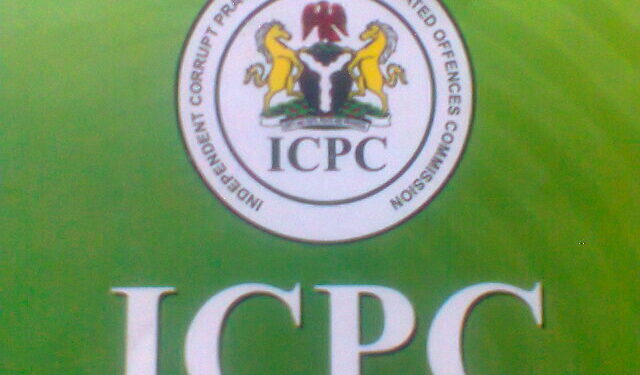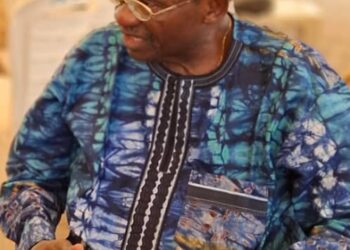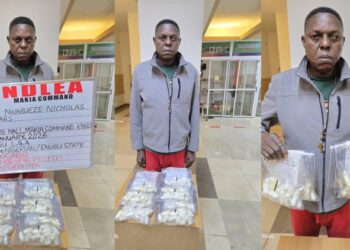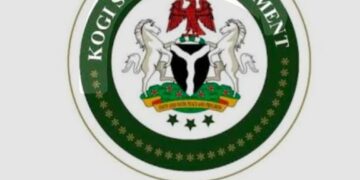The Chairman of the Independent Corrupt Practices and Other Related Offences Commission (ICPC), Dr Musa Aliyu, on Wednesday revealed that the anti-graft agency has recovered N13 billion stolen public finds from some public officers.
He said the money recovered was public funds diverted to personal use by some public office holders.
The Chairman said all the N13 billion was recovered in September, 2024.
Aliyu made the revelation in his welcome address at the launch of the commission’s 2024-2028 Strategic Action Plan in Abuja.
He said the ICPC had make significant progress in the fight against corruption on Nigeria.
Describing the recovery as a remarkable achievement, the chairman said it was a testament to ICPC’s relentless efforts at combating corruption and ensuring accountability in the country.
While saying that the recovery was just one of the many ways the commission has been working to fulfill its mandate, Aliyu informed that ICPC had embarked on information communication technology (ICT) reforms aimed at digitalisation of its operations.
“Over the past years, the ICPC has made significant progress in discharging its mandate; for example, we recovered over N13 billion diverted public funds in September, 2024 alone.
“This is just one of the many ways we have worked tirelessly to fulfill our mandate.
“We are also embarking on ICT reforms that will digitalise our operations and enable more efficient investigations, case management, and internal processes,” he said.
According to the ICPC Chairman, the reforms will position the anti-corruption commission as a leader in.leveraging technology to combat the menace of corruption, among others.
He added that the commission was also developing a specialised curriculum aimed at enhancing the enforcement capacity of its personnel.
Aliyu said : “This transformation will position the commission as a leader in leveraging technology to combat corruption, keeping us one step ahead of criminal activities in the digital age.
“This initiative equips our officers with the skills and expertise needed to address the complexities of corruption cases with the highest standards of professionalism and efficiency.”
He further informed that the commission was decentralising its anti-corruption efforts by empowering state governments through mobilisation of their attorneys general.
In this regards, Aliyu informed that ICPC successfully held a conference with state attorneys-general in September, which was attended by more than 30 of them.
“Tthis approach ensures that state governments are equipped with the tools, knowledge, and resources necessary to effectively combat corruption at the local level,” he said.
Aliyu then stressed the need to intensify efforts at preventing corruption and corrupt practices, submitting that prevention is better than cure.
He said that the commission had continued to engage with the Anti-Corruption and Transparency Units (ACTUs) in government ministries, departments and agencies (MDAs) in order to reinforce its grassroots monitoring mechanisms.
“As we know, prevention is better than cure, and the ICPC has intensified efforts to identify institutional and administrative vulnerabilities through System Studies and Corruption Risk Assessments.
“We have also continued to engage with the Anti-Corruption and Transparency Units (ACTUs) in ministries, departments, and agencies (MDAs), reinforcing our grassroots monitoring mechanisms,” he explained.
Speaking on the strategic plan being launched, the chairman said it would rely heavily on synergy, collaboration and strategic partnerships.
“As we look ahead, the success of this strategic plan will rely heavily on synergy, collaboration and strategic partnerships.
“I want to reaffirm the ICPC’s commitment to a multi-agency approach in tackling corruption,” Aliyu said.
While saying that to achieve this requires collective sacrifice and discipline, the chairman called for institutionalisation of integrity as a weapon to win citizens over in the war against corruption.
He further submitted that, “together, we can institutionalise integrity in our systems and mobilise our citizenry to embrace the anti-corruption war.”
(vitalnewsngr.com)






















